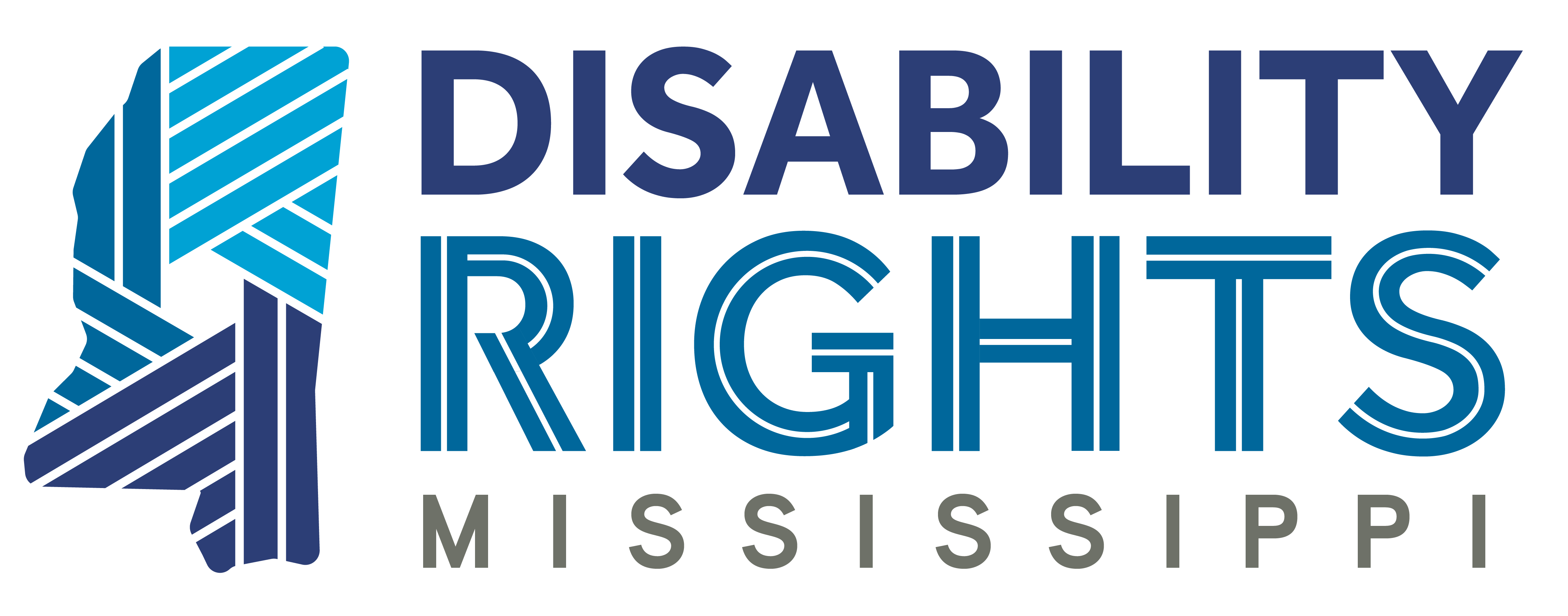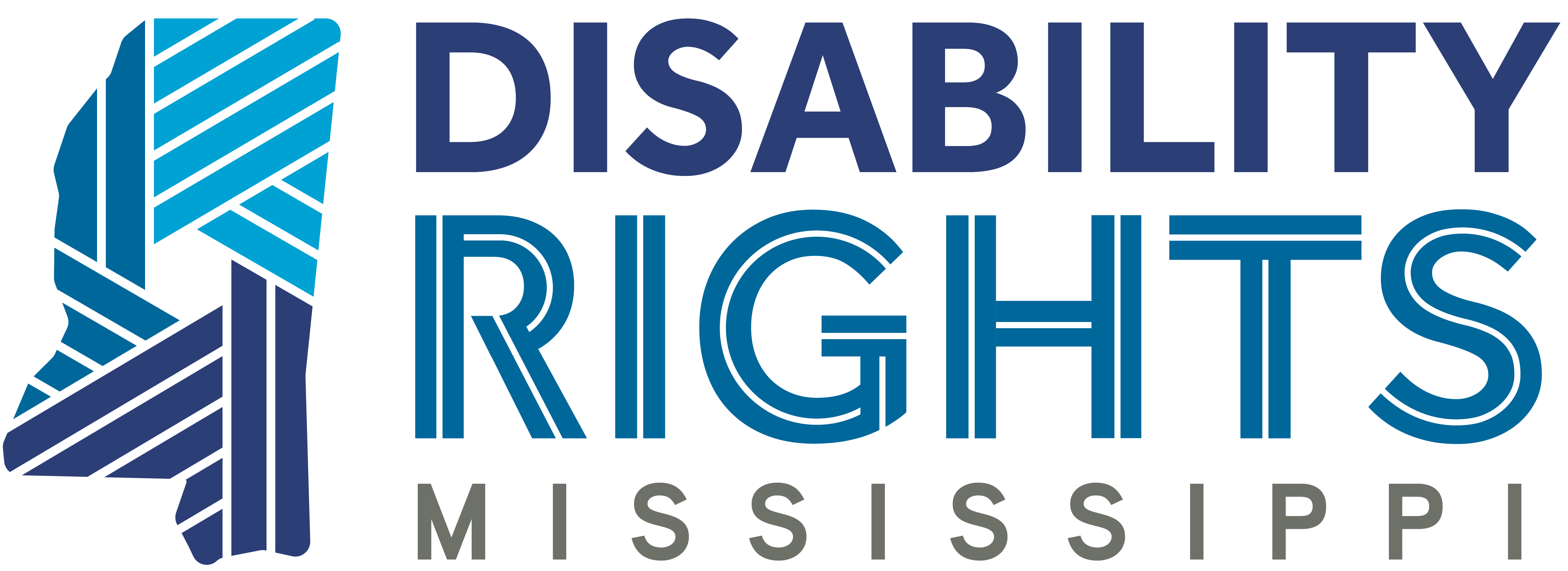When one of our senior advocates moved on to take another job recently, we advertised for an experienced disability advocate to join our team. Because we are well known for high quality work and have a decent pay scale and very good benefits for non-profit, public interest work, we expected a lot of interest in the vacancy. However, we never expected the onslaught of applications — over 250 at last count. We are still sorting through them, and have several more steps to complete before choosing someone to hire. But I cannot resist offering a bit of feedback and advice, from the employer’s perspective, to the 200+ whose applications will not get a second look. I believe these tips will help in any job search situation.
1. Read the information given in the ad/position description and respond as requested. Approximately one half of the applicants who responded to the on-line newspaper ad/career builder listing did not include the requested cover letter. I therefore did not read their resumes. They got only about 30 seconds of my attention because they failed to follow the basic directions.
2. Customize your cover letter to the job as described. At least one fifth of the cover letters reviewed were generic, full of buzz words and phrases that had nothing to do with the job! Hint: if you are applying for a job as a disability advocate, you should mention (maybe even discuss) your interest and/or experience in advocacy and serving people with disabilities. Telling me that you are “a team player” who provides “great customer service” and “be a benefit to the company” only tells me you did not bother to even think about, much less research, this field or my agency.
3. Research the company/agency posting the job if at all possible. Even the short ads had our agency acronym and location, so it would have been fairly easy to find our website. The longer position descriptions included the website. Yet I can count on one hand the number of people who made it clear in their cover letters that they had researched our agency and looked on the website. That’s five out of over 250 applications!
4. Explain how your experience will prepare you for this job. First and foremost, why do you want to be an advocate and what will make you a good advocate? If you don’t know what an advocate is/does, do some research to decide whether you want to apply for the job. Then, tell us why you want this job and why we should want you. Tell us with real examples, not cliches.
5. If you work in the field, but in another capacity, explain why you want to change roles. If you have worked in some capacity for a state or private treatment/service program or facility for people with disabilities, let me know that you understand that advocacy is different from direct services, and explain why you want to become an advocate. Are you aware that a lot of what our advocates do is challenge the quality of services provided by your current employer? Have you seen things that make you want to change roles? We are not expecting you to “diss” on any current or prior employer, but we want to be sure you are not seeking a direct service job, because that is not what we do. We have many advocates who are former special educators, mental health counselors, or direct care professionals in state facilities, but they had to consciously choose to leave those roles and become advocates. Advocacy is not synonymous with social work or social services or rehabilitation counseling or teaching. Conversely, if you have a paralegal or legal background, but no experience with disability issues, explain why this area interests you and what you know about it. If you have been in the corporate legal world, what makes you want to join a non-profit and take on new areas of law? How steep will your learning curve be?
So, why can’t we wait until the interview to give you more information about the exact position and ask these sorts of questions? Why should you have to do research and think about them when you apply? Because we have over 250 applications! With a weak cover letter that does not catch our attention, you will never get to an interview!! We need to learn enough about you from your initial application to want to learn more in an interview. The cover letter is your chance to reach us. It is ten times more important than the resume.
Thanks for letting me share my pet peeves, and stay tuned for interview tips in a future blog.


No responses yet